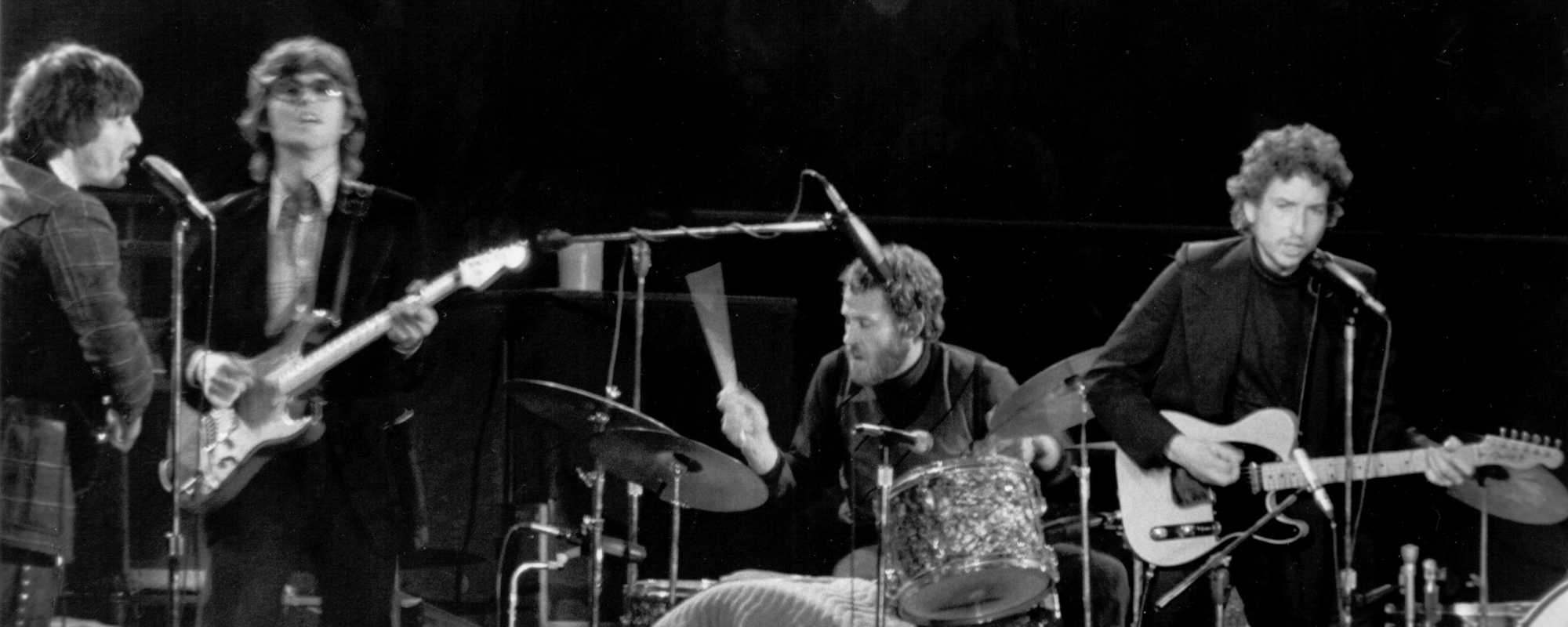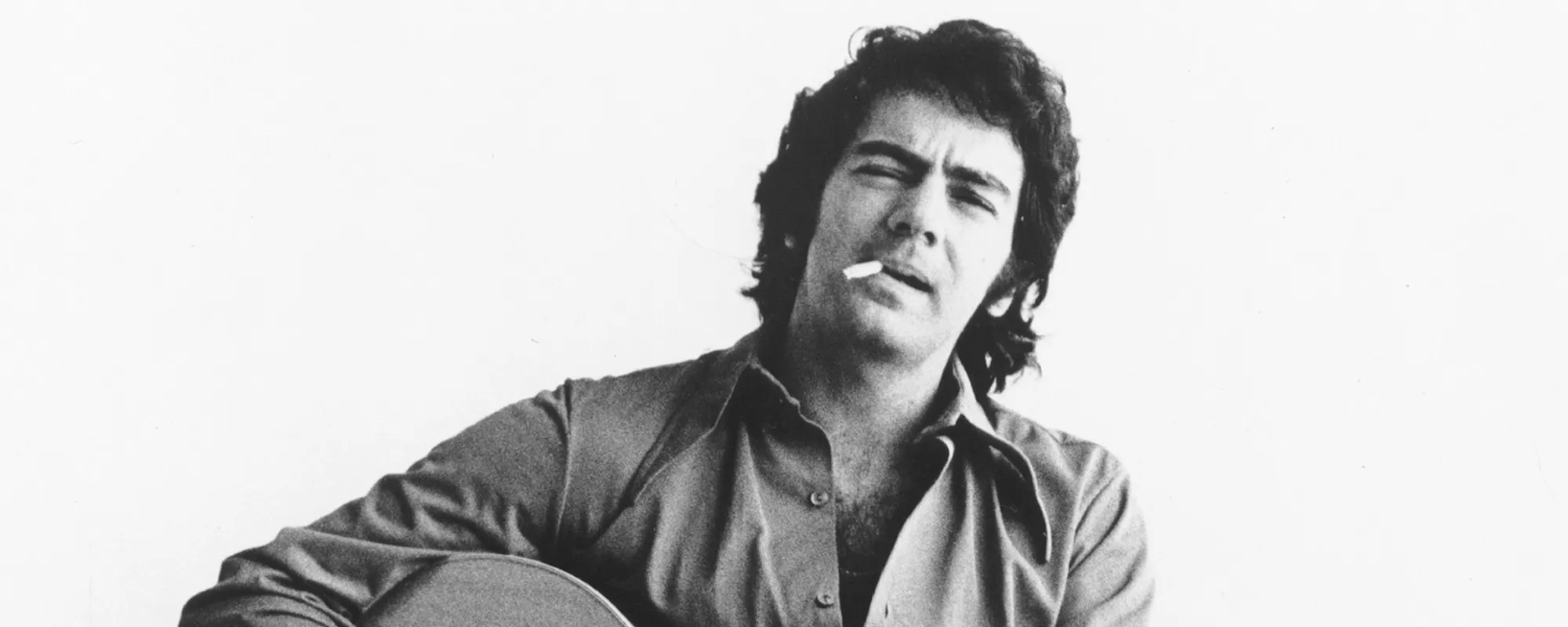After dominating the pop charts with early hit “Cherry Cherry” and a string of hits for the Monkees, Neil Diamond began tapping into more introspective lyrics and wrote one of his most autobiographical songs, chronicling a lonely childhood.
Partly inspired by his strained relationship with his father, who owned dry goods stores around Brooklyn, New York, Diamond” wrote “Shilo,” about an imaginary friend, who was there for him when the kids wouldn’t play with him, or when his father couldn’t spend time with him—When no one else would come / Shilo, you always came.
Young child with dreams
Dream every dream on your own
When children play
Seems like you end up alone
Papa says he’d love to be with you
If he had the time
So you turn on the only friend you can find
There in your mind
Shilo, when I was young
I used to call your name
When no one else would come
Shilo, you always came
And we’d play
Young girl with fire
Something said she understood
I wanted to fly
She made me feel like I could
Diamond’s father also disowned him for several years after he decided to pursue music, which was later a theme in his 1980 musical film The Jazz Singer, but they later reconciled.
Videos by American Songwriter
[RELATED: Waylon Jennings and Deep Purple Covers of Neil Diamond’s “Kentucky Woman”]

Leaving Bang Records
“Shilo” also prompted Diamond to leave his first record label, Bang, in the late ’60s. After recording “Kentucky Woman,” Diamond wasn’t thrilled with the track and felt it was too simple a pop song. Instead, Diamond wanted to release something more introspective to show his development as an artist and use “Shilo” as his next single, following “Solitary Man” and hit “Cherry Cherry.”
Bang founder Bert Bern insisted “Kentucky Woman” be his next single, and while “Shilo” appeared on Diamond’s 1967 album Just For You, it was eventually released by the label with a more pop-produced backing track. Diamond reacted by re-recording his original version of the song, adding it to his 1968 album Velvet Gloves and Spit, which was reissued.
Though “Kentucky Woman” was a moderate hit for Diamond, reaching No. 22, the experience left him feeling disillusioned and restricted under Bang. He left the label a year later for Uni/MCA, moved to Los Angeles, and released a string of hits: ”Sweet Caroline” and “Holly Holy” in 1969, and two No. 1s, “Cracklin’ Rosie” (1970) and “Song Sung Blue” (1972).
Diamond later included “Shilo” on his 1972 Hot August Night and nearly every compilation album he’s released since then.
“Angel Above My Head”
In 1996, Diamond released “Angel Above My Head,” a tribute to his father, who died in 1985. The song, released on his album In My Lifetime, centers around the loss and desire to have his father around again.
Photo: Michael Ochs Archives/Getty Images











Leave a Reply
Only members can comment. Become a member. Already a member? Log in.